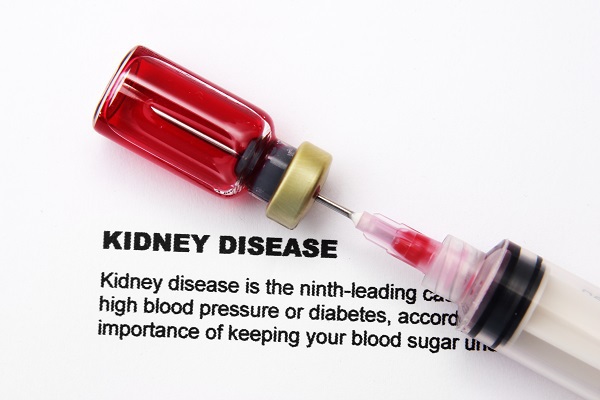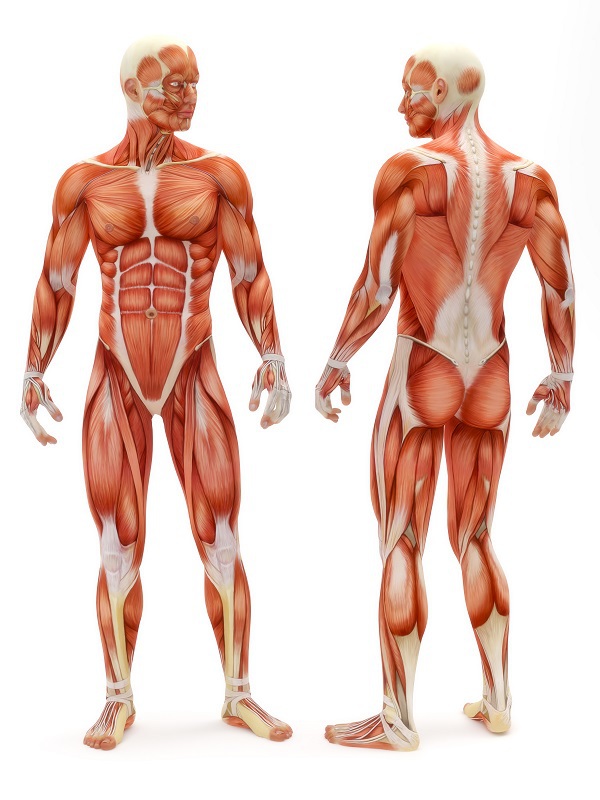If you or someone you know has a genitourinary disorder resulting from certain conditions including, but not limited to, a kidney transplant, dialysis, or even anorexia, you may have a disability that meets the criteria established by the Social Security Administration’s Listing of Impairments.
Kidney Transplant And Disability Benefit Eligibility
By Kenton Koszdin on August 29, 2018
In Disability Insurance
The Listing Of Impairments: Disorders Of The Genitourinary System
By Kenton Koszdin on August 27, 2018
In Disability Insurance
The disorders that are listed are only examples of common genitourinary system disorders that are considered severe enough to prevent a person from performing any gainful activity.
Average Indexed Monthly Earnings And The Calculation of Social Security Benefits
By Kenton Koszdin on August 22, 2018
In Disability Insurance
The Social Security Administration (SSA) typically calculates disability benefits using “average indexed monthly earnings (AIME),” defined as the sum of up to 35 years of a worker’s indexed earnings.
The Diagnosis of Musculoskeletal Disorders
By Kenton Koszdin on August 10, 2018
In Disease SSDI Claim
A knowledgeable disability attorney can assist those individuals with musculoskeletal disorders. The Kenton Koszdin Law Office possesses the knowledge and the necessary experience to represent and assist applicants for disability benefits.
The Listing Of Impairments: Disorders Of The Musculoskeletal System – Part 1
By Kenton Koszdin on August 8, 2018
In Disability Insurance
If you have a musculoskeletal system impairment, that is, an inability to walk or move that impairs your ability to perform everyday activities,you may have a disability that meets the criteria established by the Listing of Impairments.
Proving that a Cardiovascular System Disorder Equals Or Meets a Listing
By Kenton Koszdin on August 7, 2018
In Disability Insurance
If you have a cardiovascular impairment that impairs your ability to perform everyday activities, you may have a disability that meets the criteria established by the Social Security Administration’s (SSA) Listings of Impairments
About The Five-Step Sequential Evaluation Process In Disability Cases
By Kenton Koszdin on July 25, 2018
In Disability Insurance
The Code of Federal Regulations of the Social Security Act contains provisions that detail a five-step sequential evaluation process for determining disability. These five steps flow from the definition of disability found in the Social Security Act.
The Listing Of Impairments: About Respiratory Impairments
By Kenton Koszdin on June 25, 2018
In Disease SSDI Claim
Discover how respiratory disorders can qualify for Social Security Disability (SSDI). Understand the impact of listed impairments and symptoms on daily activities.









